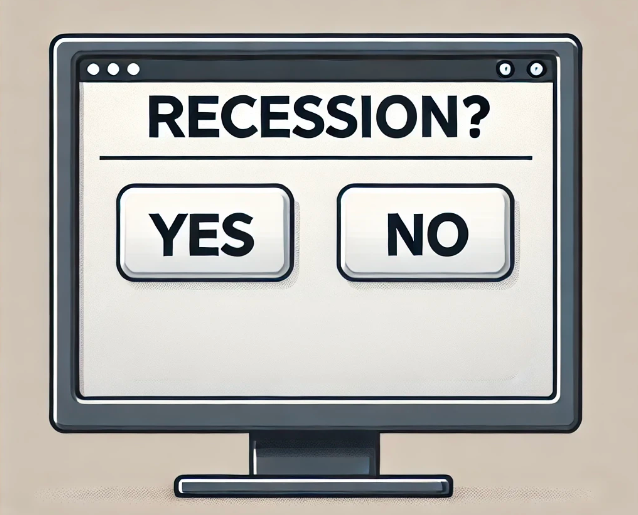News
Bank of America Reverses its US Recession Assessment

In a significant shift, Bank of America backtracked on its earlier predictions of a looming US recession. This reversal, highlighted by CEO Brian Moynihan, comes as the bank's latest research suggests that the economic outlook may not be as dire as previously anticipated. This updated perspective raises important questions about the current state of the economy and what it means for businesses and consumers alike.
The Initial US Recession Warning
Just a few months ago, Bank of America was among the prominent voices warning of a potential US recession. Persistent inflation, rising interest rates, and global uncertainties had led many economists, including those at Bank of America, to predict that a downturn was on the horizon. The bank's analysts were particularly concerned about the impact of the Federal Reserve's aggressive rate hikes, which were intended to curb inflation but also risked slowing down economic growth.
These warnings were not taken lightly. Businesses and consumers began to brace themselves for a possible recession, tightening budgets and preparing for the worst. The initial caution was based on sound reasoning, given the economic indicators at the time.
Why BofA Changed its Outlook
So, what changed? According to Bank of America's latest research, several factors have contributed to a more optimistic economic outlook. First, the US economy has shown remarkable resilience in the face of challenges. Despite rising interest rates, consumer spending has remained robust, and the job market has continued to display strength. These factors suggest that the economy is more adaptable and resilient than initially thought.
Additionally, inflation, while still a concern, has begun to show signs of easing. The Federal Reserve's measures appear to be having the desired effect, with inflation gradually cooling without triggering a significant slowdown in economic activity. This has led Bank of America's analysts to revise their forecasts, acknowledging that the likelihood of a severe recession has diminished.
Moynihan also pointed out that the global economic landscape has stabilized somewhat, reducing some of the risks that previously threatened the US economy. While geopolitical tensions and supply chain disruptions are still factors to watch, the overall picture is less dire than it was a few months ago.
What This Means for the Economy
Bank of America's revised outlook is certainly welcome news for both businesses and consumers. The reduced likelihood of a US recession means that companies may be more willing to invest and expand, knowing that the economic environment is more stable than previously expected. For consumers, this could translate into continued job growth and a steady flow of income, which are crucial for maintaining economic confidence.
However, it’s important to remember that the economy is still facing significant challenges. While the immediate threat of a recession may have lessened, issues like high inflation, rising interest rates, and global uncertainties remain. Businesses and consumers should remain vigilant and prepared for potential economic fluctuations.
US Recession or No, Americans Should Preparing for the Future
Even with Bank of America's more optimistic outlook, it’s wise to remain cautious. Economic forecasts can change quickly, and unforeseen events can still impact the economy in significant ways. For businesses, this means continuing to manage costs carefully and being prepared to adapt to changing conditions. For consumers, it’s still a good idea to maintain healthy savings, manage debt prudently, and stay informed about economic developments.
Moynihan’s revised stance reflects the dynamic nature of the economy—one where predictions must be adjusted as new data and trends emerge. As we move forward, staying flexible and prepared is key to navigating the uncertain waters of the global economy.
Do you think that a US recession is likely to happen within the year? With Bank of America revising its stance on a US recession, how are you adjusting your financial strategies?



